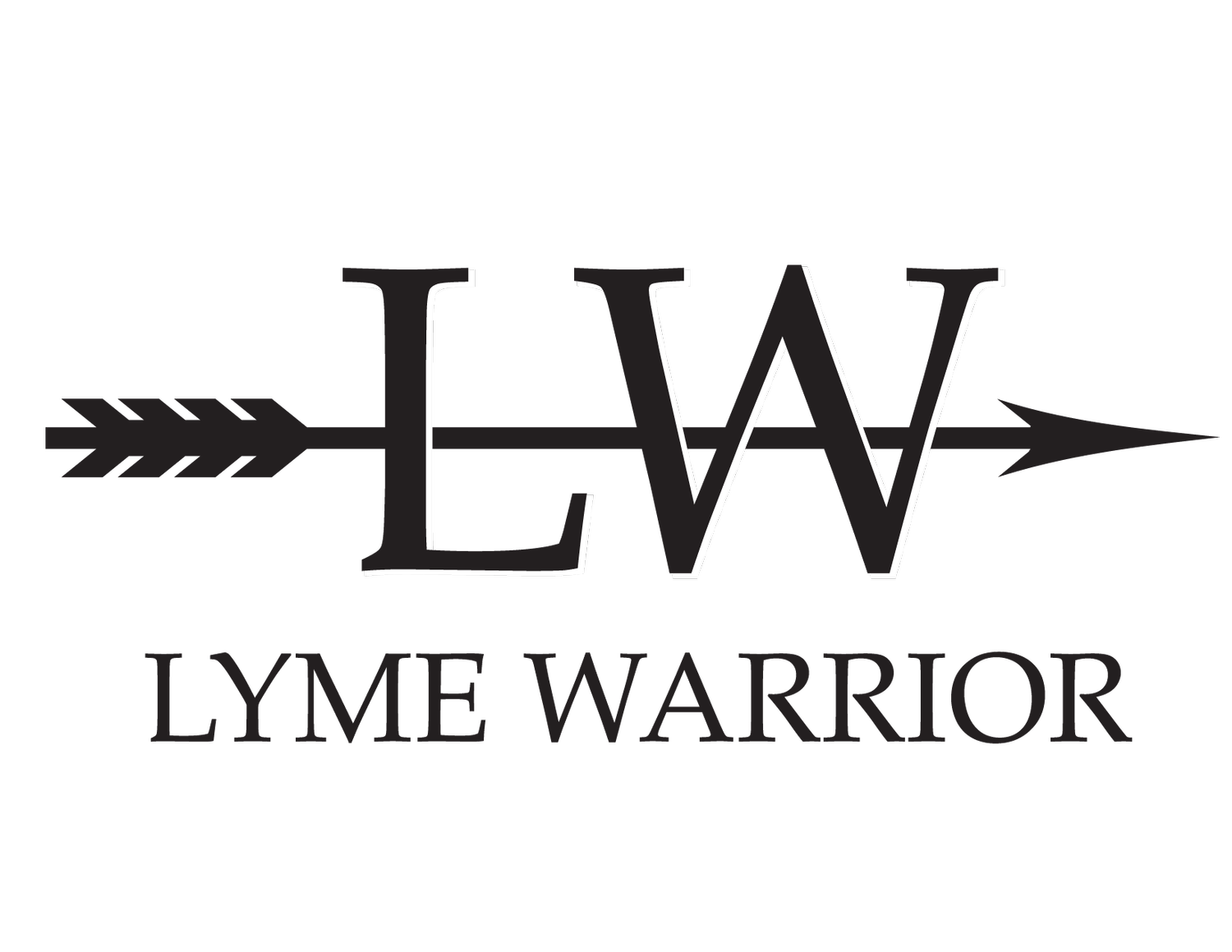Homeopathy for Lyme Disease
What is Homeopathy?
"Homeopathy is a system of medicine that is fundamentally different from conventional (allopathic) medicine. Whereas allopathic medicine focuses on suppression of symptoms, homeopathy seeks to correct the underlying imbalance that caused the symptoms in the first place. Homeopathy achieves this by strengthening the body's own defenses, thereby allowing the body to heal itself.
It's unfortunate that the word homeopathy has the prefix "home" in it because it gives the impression that homeopathy is synonymous with home remedies, food supplements, vitamins and herbs. In fact, homeopathy does not incorporate any of these modalities.
Homeopathy is derived from the Greek word "homeo" meaning like or similar and "pathos" meaning pathology or illness. So the literal meaning of homeopathy is similar illness. This means that a homeopathic medicine is administered based upon its ability to mimic the disease state, thereby stimulating the body to heal itself.
Homeopathy had its beginning in eighteenth century Germany, with Samuel Hahnemann, a physician and scholar whose practice included aristocracy and royalty. Disappointed in the results of the medicine that he and his colleagues were then using, Hahnemann left his prominent practice. He went on to discover a profound natural law, the Law of Similars, which became the foundation for homeopathy. The Law of Similars asserts that any substance which can cause symptoms when given to a healthy person can help to heal those who are experiencing similar symptoms when given in a very minute amount."
PROS:
Homeopathy, the remedies themselves, are very affordable. Most remedies will cost about 8 dollars at a local Vitamin Shoppe or Whole Foods also making them easily accessible.
You can self-treat acute illness such as ear infections, bladder infections, colds and allergies yourself by doing a little research and finding the best matching remedy for your symptoms. This puts you more in charge of your own healing, fostering empowerment and independence.
Homeopathy is said to have no "side effects" because the remedies are actually dilutions to the point of not having any of the original substance, but simply the "imprint" of the substance.
All remedies available at health food stores or online homeopathic pharmacies are all regulated by the FDA. This means that no matter which brand of remedy you buy, you can know that it has been done by the highest standards, and you are getting what it says you are getting.
Using homeopathy makes it less likely you will need to visit an ER, Urgent Care, or even your family physician. As you become more educated and skilled in the use of homeopathy, you will avoid needless pharmaceutical medications that can cause severe side effects.
CONS:
For chronic complex illnesses you must use a qualified homeopath. Chronic illness tends to be more difficult to treat with homeopathy and you will need guidance, which can be costly. Homeopaths charge between $100-$600 for initial consultations, average about $250. Follow up consults will vary, but average around $120 dollars.
Sometimes it takes a dedicated trial and error approach to find the right remedy match. You may not get it right, and even your homeopath may not get it right the first time. With acutes, the process is easier, but can still take trial after trial. With chronic illness, it will take time, sometimes even several years.
Homeopathy can be ambiguous to the new and even seasoned user. Sometimes you may just not succeed with the remedy or remedies you have chosen. It does not have a 100% success rate, but then no medical model does.
Homeopathy tends to receive a great deal of criticism as a form of "quackery" especially here in the U.S. However, it is a standard medical modern throughout Europe and many other places in the world. In India, many of the physicians are also homeopaths, as it is accepted as a true and especially effective form of harmless medicine. It was also used for a long time in the U.S. until big medicine came in and put a stop to it for many years. It is now having a great resurgence.
